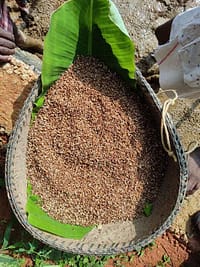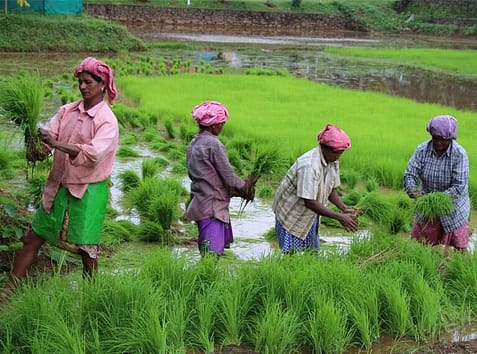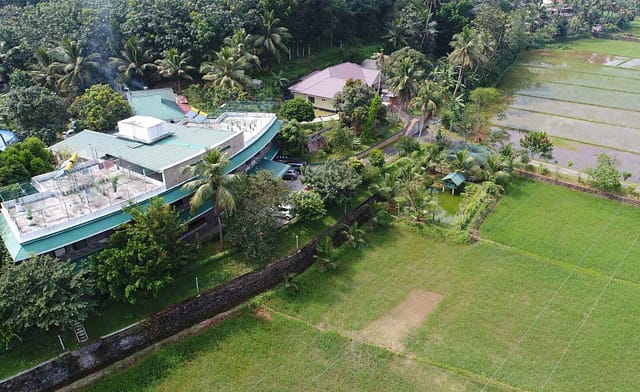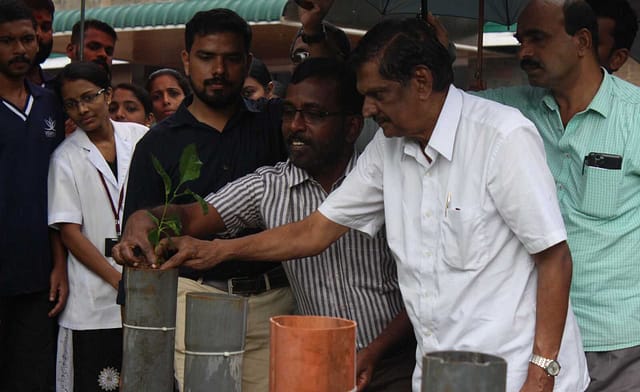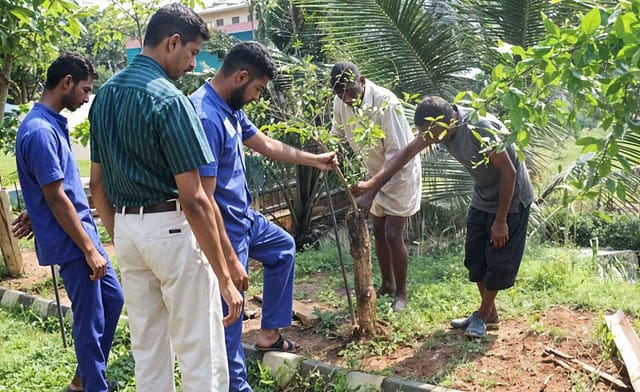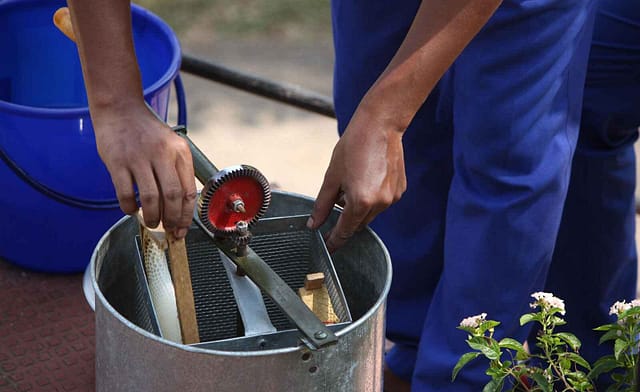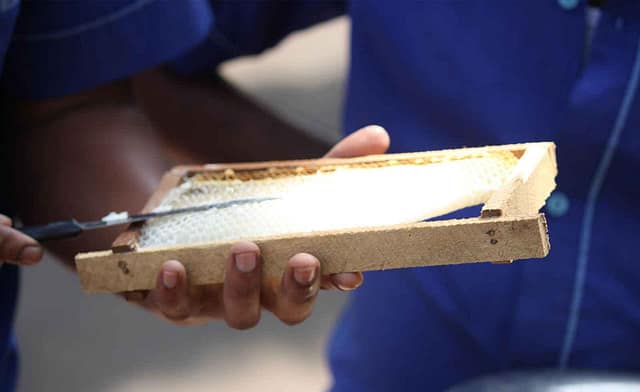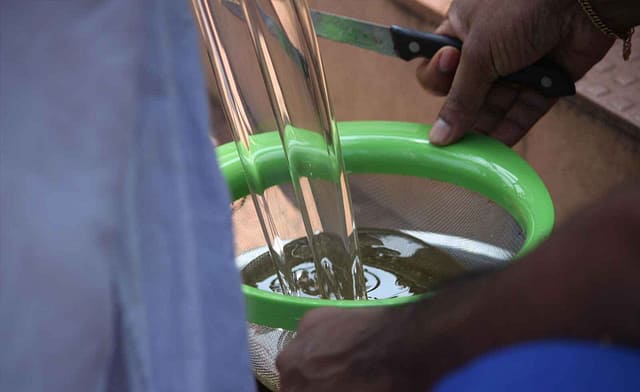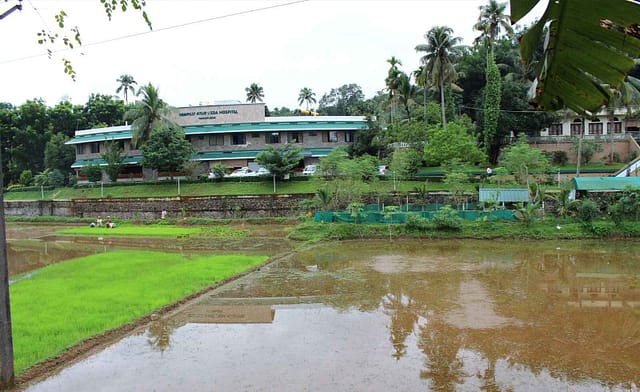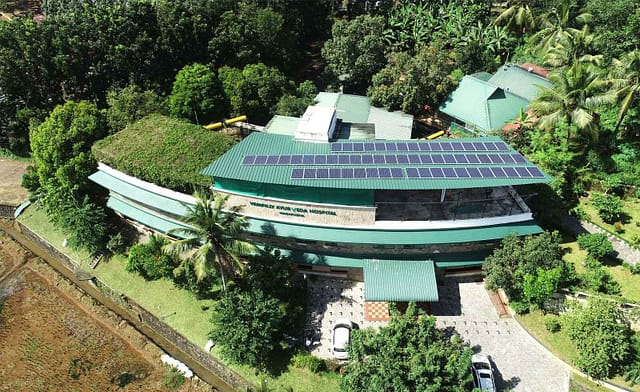Organic farming and cultivation at Vempilly
Cultivating crops with care and tradition, ensuring sustainable growth and nourishment for the future.
Enhancing your life through improved health and well-being.
At Vempilly, we are committed to enhancing your quality of life through better health. Our treatments are grounded in the ancient, holistic healing system passed down from our ancestors. We believe true wellness is achieved by maintaining a delicate balance between internal factors—such as the mind and spirit—and external influences, including the food we consume, the relationships we nurture, and the choices we make in our daily lives.
Dr. Mathews Vempilly
Founder, Chief Consultant – Orthopaedics
At Vempilly, we are dedicated to caring for everyone who comes to us, respecting our community, and improving the overall health and well-being of those around us. Our mission is to transform the way people view food and wellness. With a commitment to high standards, we began by growing our own in-house organic vegetation and dairy, ensuring the highest quality for all who depend on us. This passion for excellence has led to the growth of our operations, and today, we are proud to provide nutritious organic produce, honey, and milk to our local community on a daily basis.
- We prioritize the well-being of everyone who comes to us and aim to improve the health of our surrounding community.
- Our mission is to change how people approach food and wellness through sustainable, high-quality practices.
- We grow our own organic produce and dairy, providing nutritious crops, honey, and milk to the local community daily.
Organic Farming at Vempilly
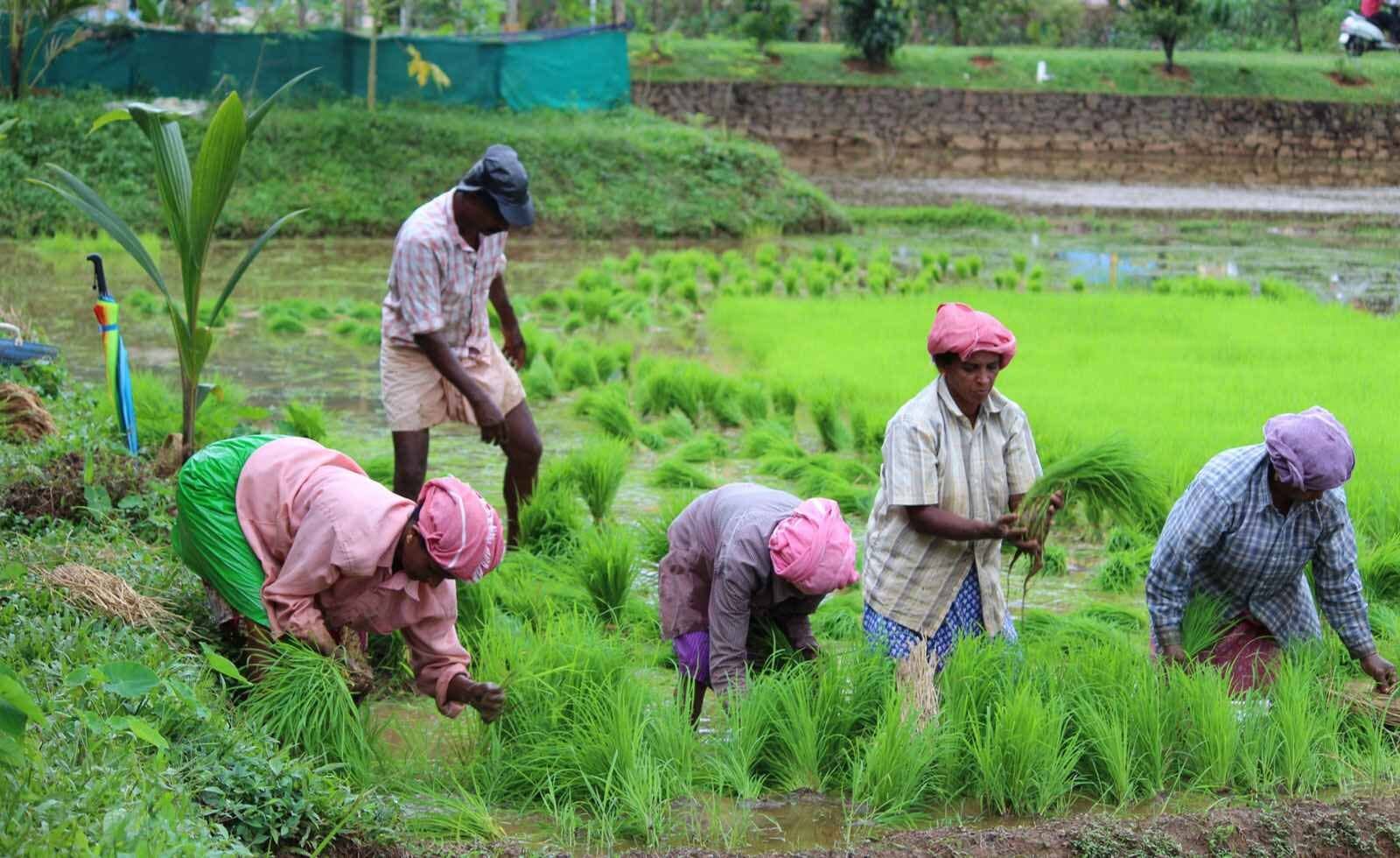
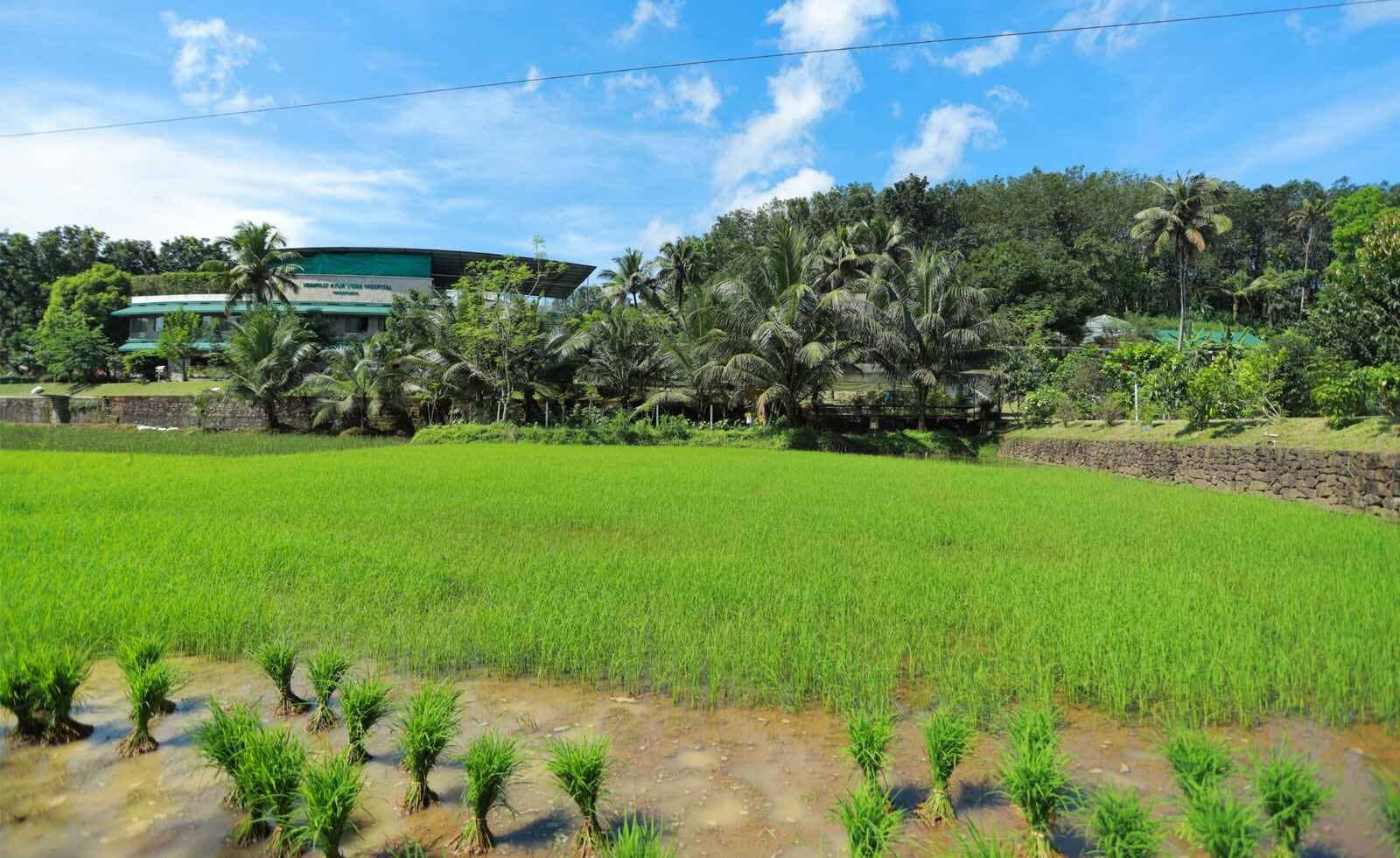
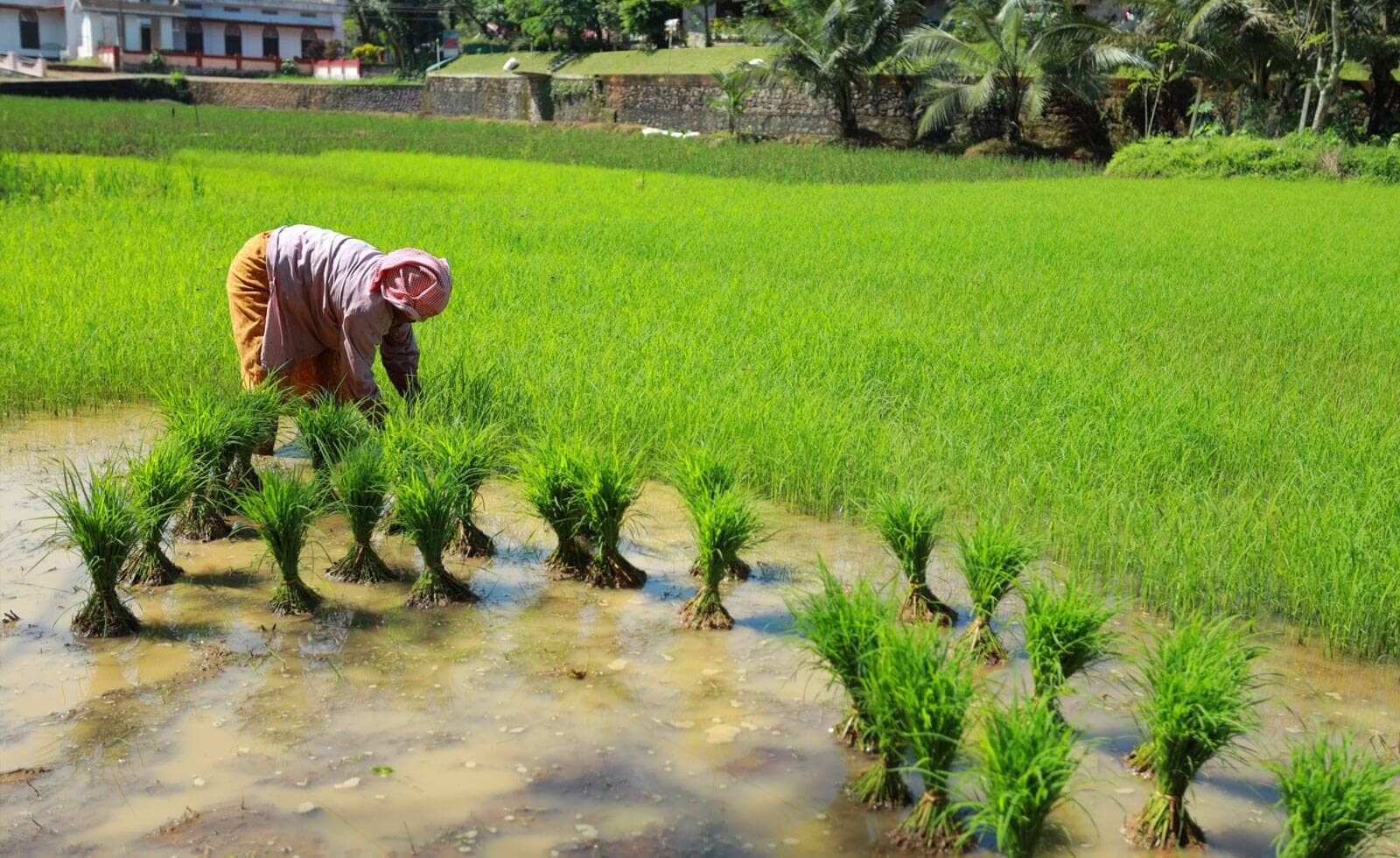
At Vempilly, we carefully plan our crop rotations based on the unique needs of each crop, including its planting technique, tillage, and irrigation requirements. We cultivate Njavara rice, a highly nutritious variety known for its healing properties, particularly for ailments caused by nutritional deficiencies. Additionally, we grow Rakthasali (Chennellu/Red Rice), which is renowned for its ability to support the treatment of conditions such as high cholesterol, diabetes, and obesity. Our organic farming practices ensure that the food we grow contributes to the overall wellness of our community.
Sustainability Focus
Community Wellness
In-house cultivation of Dasamoola (ten roots)
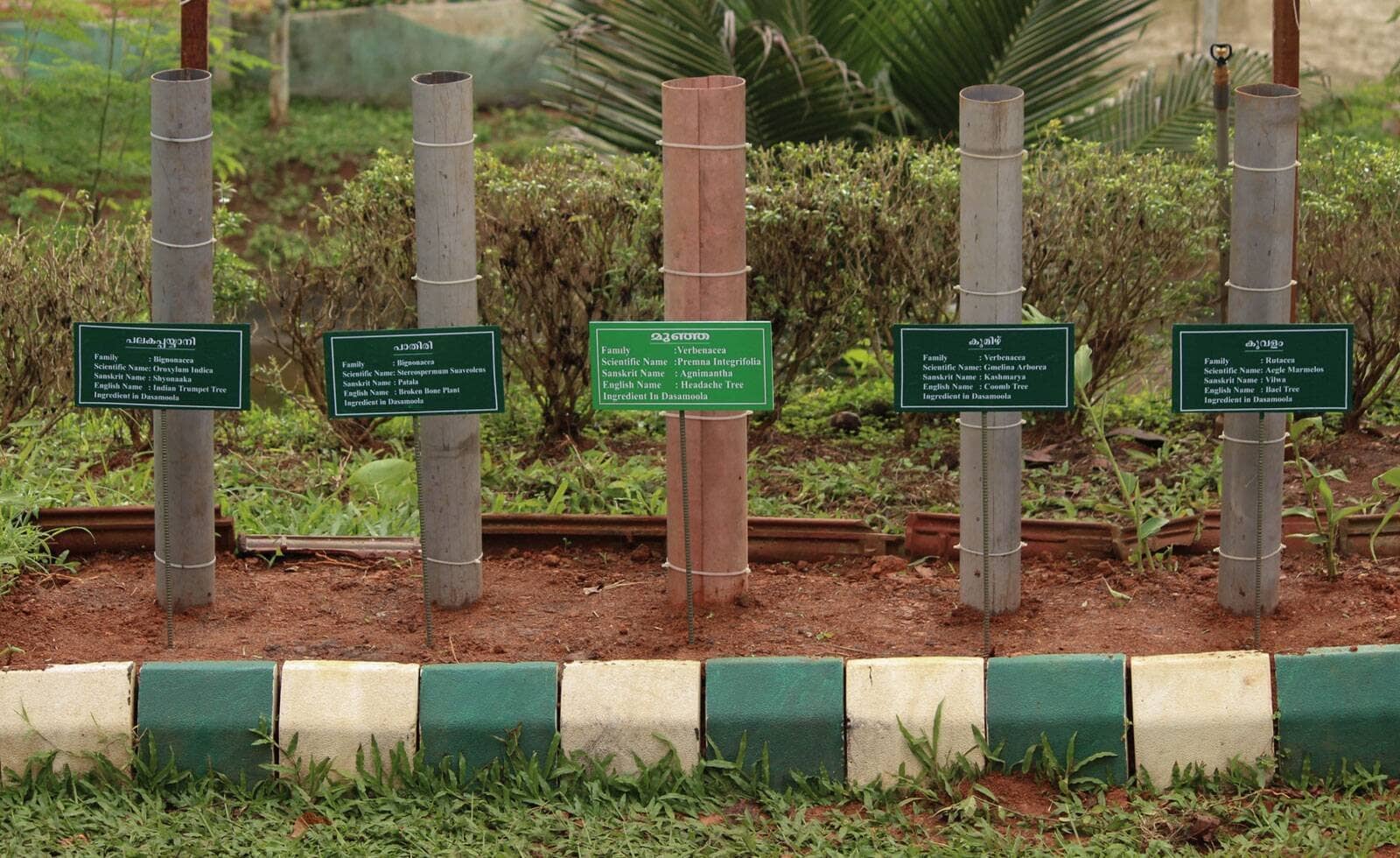
Dashamoola or Dashamula, as the name suggests, is a powerful blend of ten dried roots from different plants, used in Ayurveda for centuries due to its remarkable health benefits. It effectively addresses various health issues, particularly those related to nerves, muscles, bones, joints, and lungs. The term “Dashamoola” comes from Sanskrit, where “Dasha” means ten and “moola” means root.
At Vempilly, we cultivate Dashamoola (the ten roots) using a specialized technique developed by Dr. N. Sasidharan of the Kerala Forest Research Institute (KFRI), Peechi. The PVC pipe cultivation method used by us is time-efficient, profitable, and preserves medicinal integrity, yielding better results than traditional soil methods. Inaugurated by Sri. P. J. Joseph, MLA, Thodupuzha, on Global Environment Day 2017, it reflects our commitment to sustainable Ayurvedic practices.
Innovative Technique
Modern Tradition
Honey Culture at Vempilly
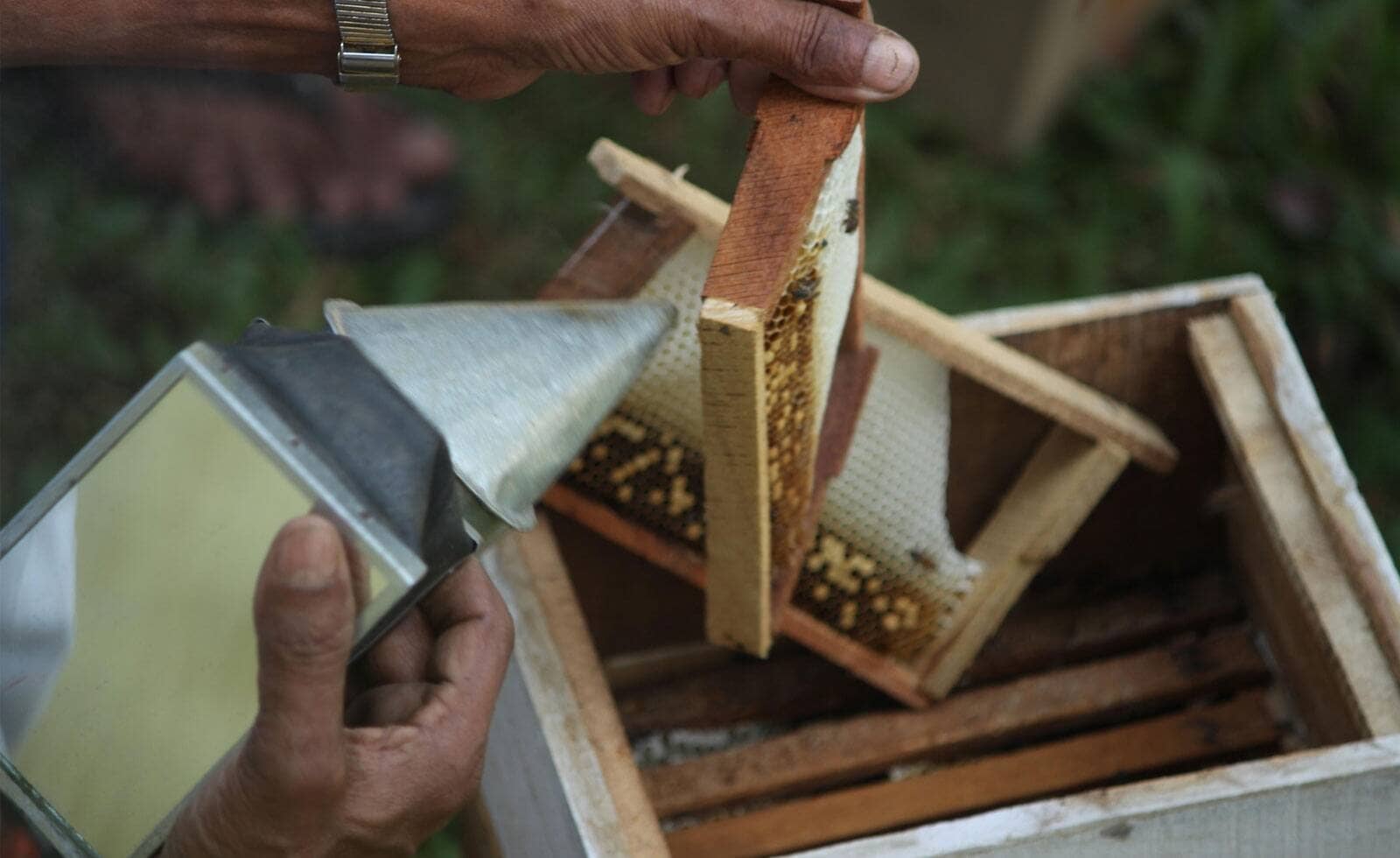
At Vempilly, we recognize the crucial role of bees in our nutrition, with approximately 40% of the food we consume relying on insect pollination. Beyond honey production, bees are essential in Ayurvedic practices, as honey is widely used for its medicinal benefits and as an adjuvant in treatments. Additionally, bee wax is a key ingredient in creating Ayurvedic products like tailam, used for external application. Leveraging our beekeeping expertise, we maintain high-quality in-house honey bee hives (apiculture), ensuring pure and natural honey. Our locally produced honey products are highly sought after, with community members regularly visiting to purchase them.
Aquaponics at Vempilly
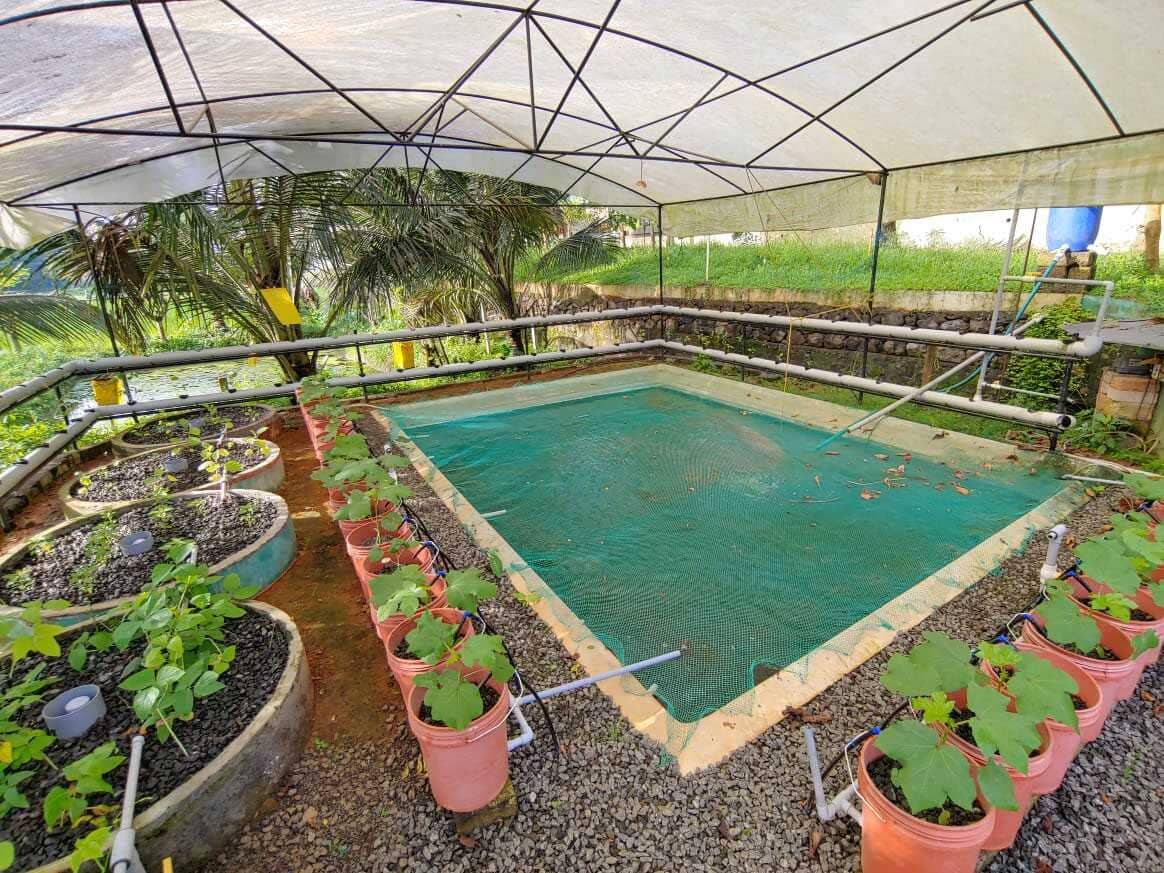
At Vempilly, we utilize aquaponics to grow fresh, pesticide-free vegetables, ensuring they are free from chemicals. This sustainable farming method creates a self-sustaining ecosystem, providing our community with nutritious and high-quality produce.
Solar Powergrid at Vempilly
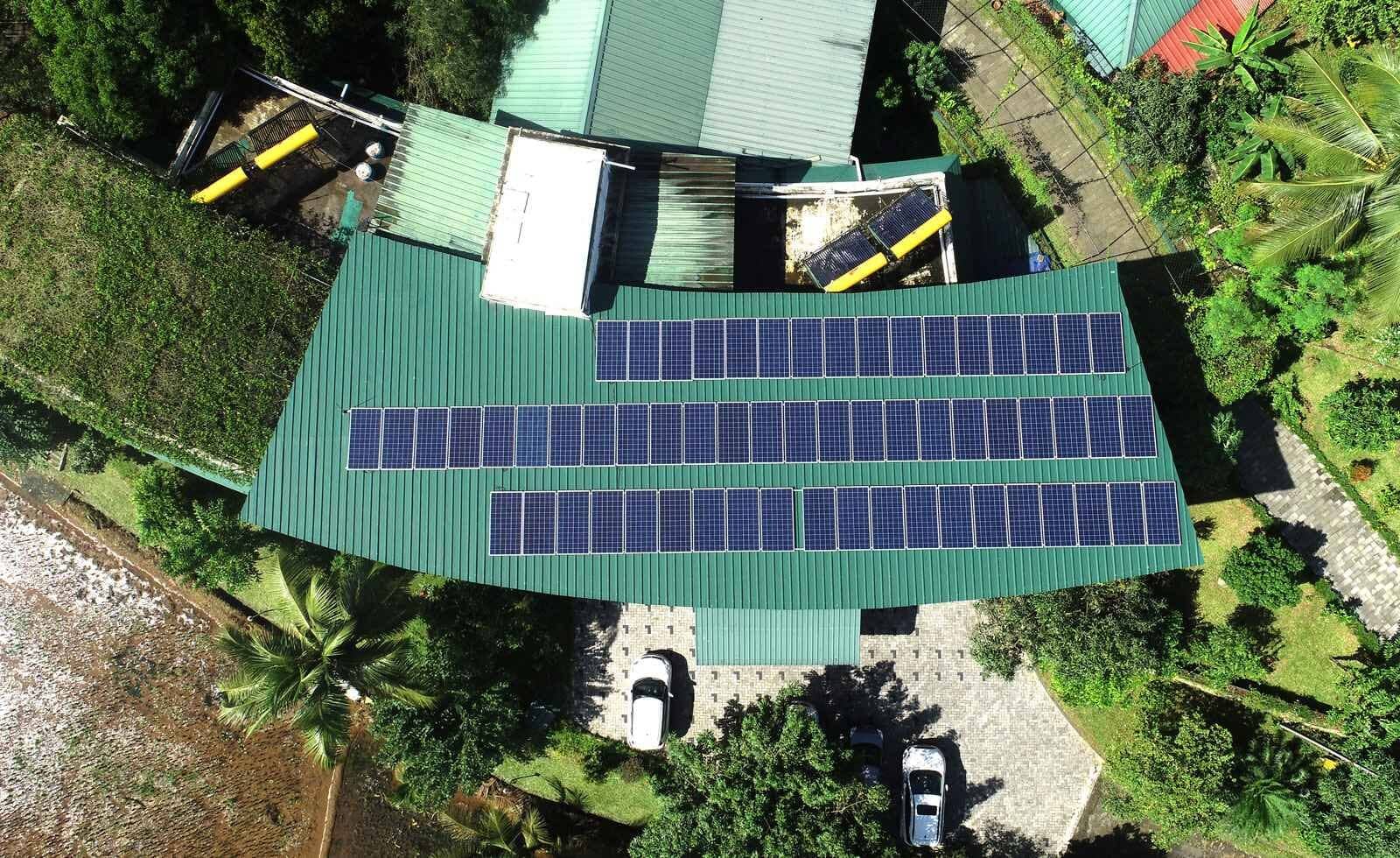
We have installed a 20 KW solar power system at our facility, perfectly suited to the tropical climate, where abundant sunlight and warm temperatures prevail throughout the year. This sustainable energy source helps us reduce our environmental footprint while powering our operations efficiently.
Reach out to us at:
Contact us today to learn more about our Ayurvedic treatments and take the first step toward a healthier, more active life!


